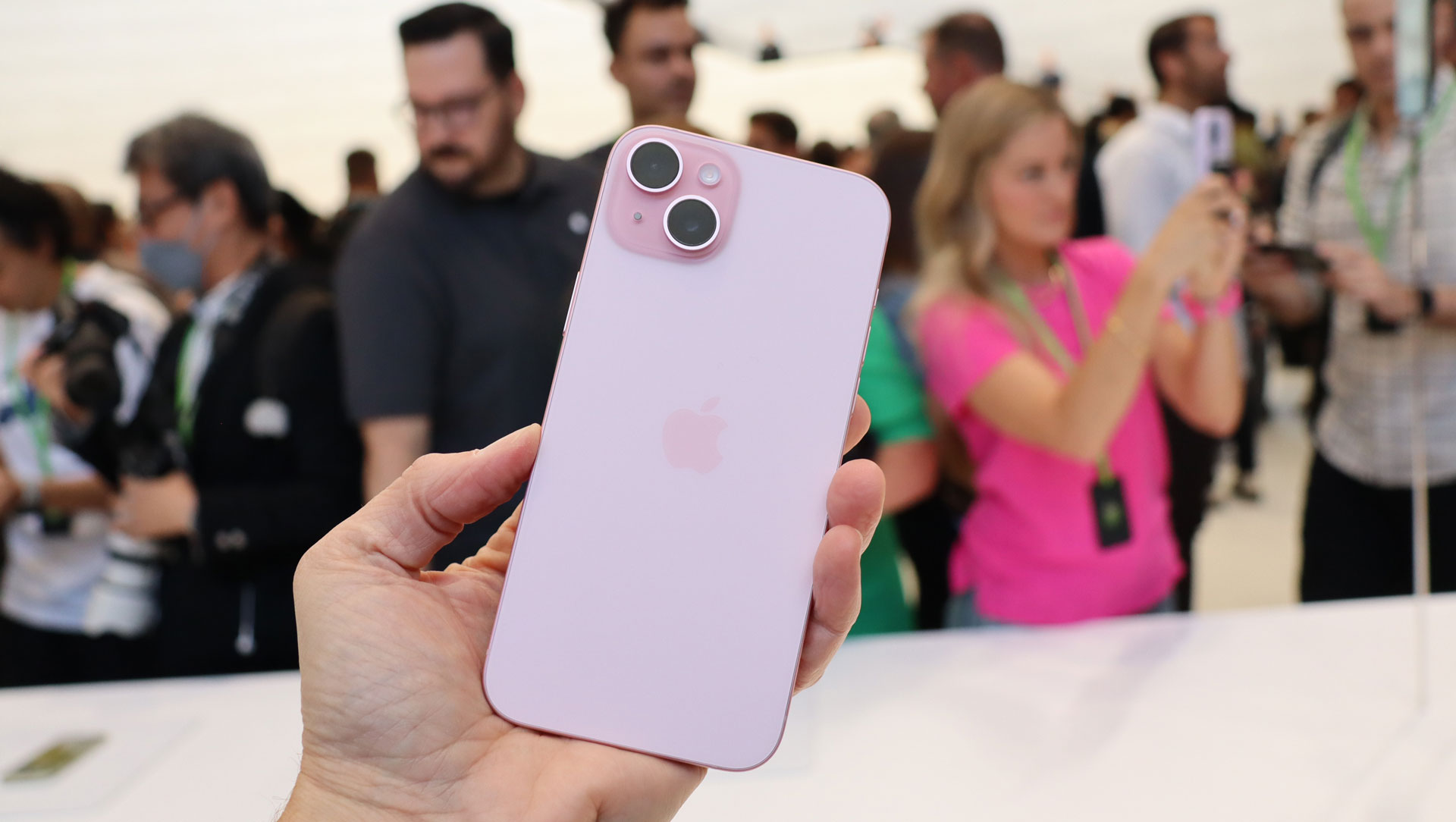iPhone panic-buying hits Apple Stores, but tariff impacts may not be as bad as feared
Beating potential price rises

- President Trump’s tariffs could lead to higher iPhone prices
- This appears to be causing customers to panic-buy Apple products
- But one analyst report says the rises might not be as bad as feared
Trump’s tariffs are already having an effect, but it’s unlikely to be one that the US President had anticipated. According to a report from Bloomberg, Apple customers are panic-buying iPhones ahead of what they fear could be steep price hikes.
Bloomberg cited “Employees from different Apple locations across the country” who reported that Apple Stores were filled with customers over the past weekend.
These buyers were seeking to snap up iPhones to beat price rises that could potentially happen as a result of the US tariffs, Bloomberg said, with some Apple employees saying they were being bombarded with questions on the matter.
Right now, most iPhones are made in China, which is due to be hit with 54% tariffs over the coming days. That could rise to as much as 104%, as per Trump’s latest threat, which might be spurring shoppers to buy now.
Impossible to predict

Interestingly, there’s very little consensus on how the tariffs will affect Apple. Late last week, Rosenblatt Securities claimed that the iPhone 16 Pro Max could end up costing $2,300 – up from its current $1,599 price – thanks to the tariffs, with iPhone and Apple Watch costs shooting up 43% across the board. The analysts predicted similar 42% and 39% rises for the iPad and AirPods, respectively.
Yet a competing analysis has just emerged that suggests the price rises might not be as severe as has been feared. According to a report from analysts at UBS (via AppleInsider), the iPhone 16 Pro Max could see a price hike of up to $2,062 – still a hefty margin over the regular $1,599 price, but not as wince-inducing as the $2,300 alternative suggested by Rosenblatt Securities.
Part of that comes down to how Apple will deal with the tariffs. The company has a long history of keeping prices the same through thick and thin – the flagship iPhone has cost $999 since 2017, after all. It’s likely that it will put pressure on its suppliers to lower costs, and could absorb some of the price increases itself, Bloomberg reports.
Get daily insight, inspiration and deals in your inbox
Sign up for breaking news, reviews, opinion, top tech deals, and more.
That said, Apple is not averse to pushing up prices where necessary, something it did in the UK after the Brexit referendum caused market uncertainty, for example. Ultimately, Trump’s tariffs have resulted in so much uncertainty that predicting what will happen to the iPhone’s price is a fool’s errand, although it does mean that some degree of panic buying is understandable.
You might also like

Alex Blake has been fooling around with computers since the early 1990s, and since that time he's learned a thing or two about tech. No more than two things, though. That's all his brain can hold. As well as TechRadar, Alex writes for iMore, Digital Trends and Creative Bloq, among others. He was previously commissioning editor at MacFormat magazine. That means he mostly covers the world of Apple and its latest products, but also Windows, computer peripherals, mobile apps, and much more beyond. When not writing, you can find him hiking the English countryside and gaming on his PC.
You must confirm your public display name before commenting
Please logout and then login again, you will then be prompted to enter your display name.